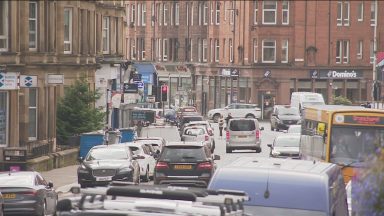A man left with mobility problems after being struck by an e-bike in a hit-and-run said he has been left in “absolute fear” after the incident.
Derek Aitkenhead suffered a broken wrist, lost two teeth and fractured ribs after a delivery driver riding an e-bike mounted the pavement in Finnieston and struck him in the street last December.
The accident has left Derek with ongoing mobility problems and a feeling of being unsafe when walking alone along the pavement.
It comes amid concerns the speed and weight of e-bikes, especially those which have been illegally modified, present a lethal threat to pedestrians.
Police seizures of e-bikes have nearly trebled in Scotland in the past year, according to freedom of information figures.
Derek told STV News: “I was coming out of a local supermarket, and I got totally blindsided, hit, spun round three times and then fell to the ground. When I landed, I could see him cycle off.
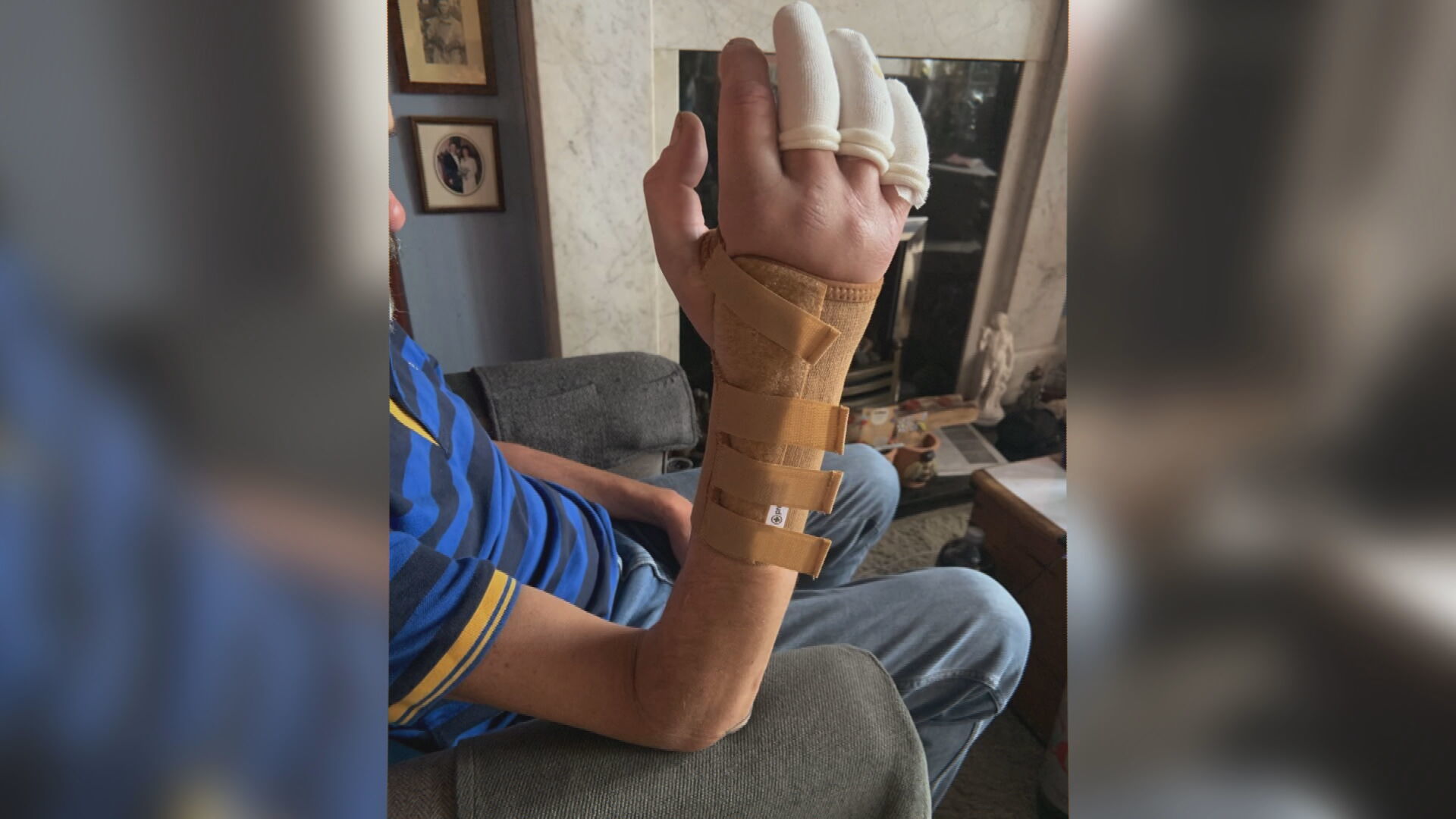 STV News
STV News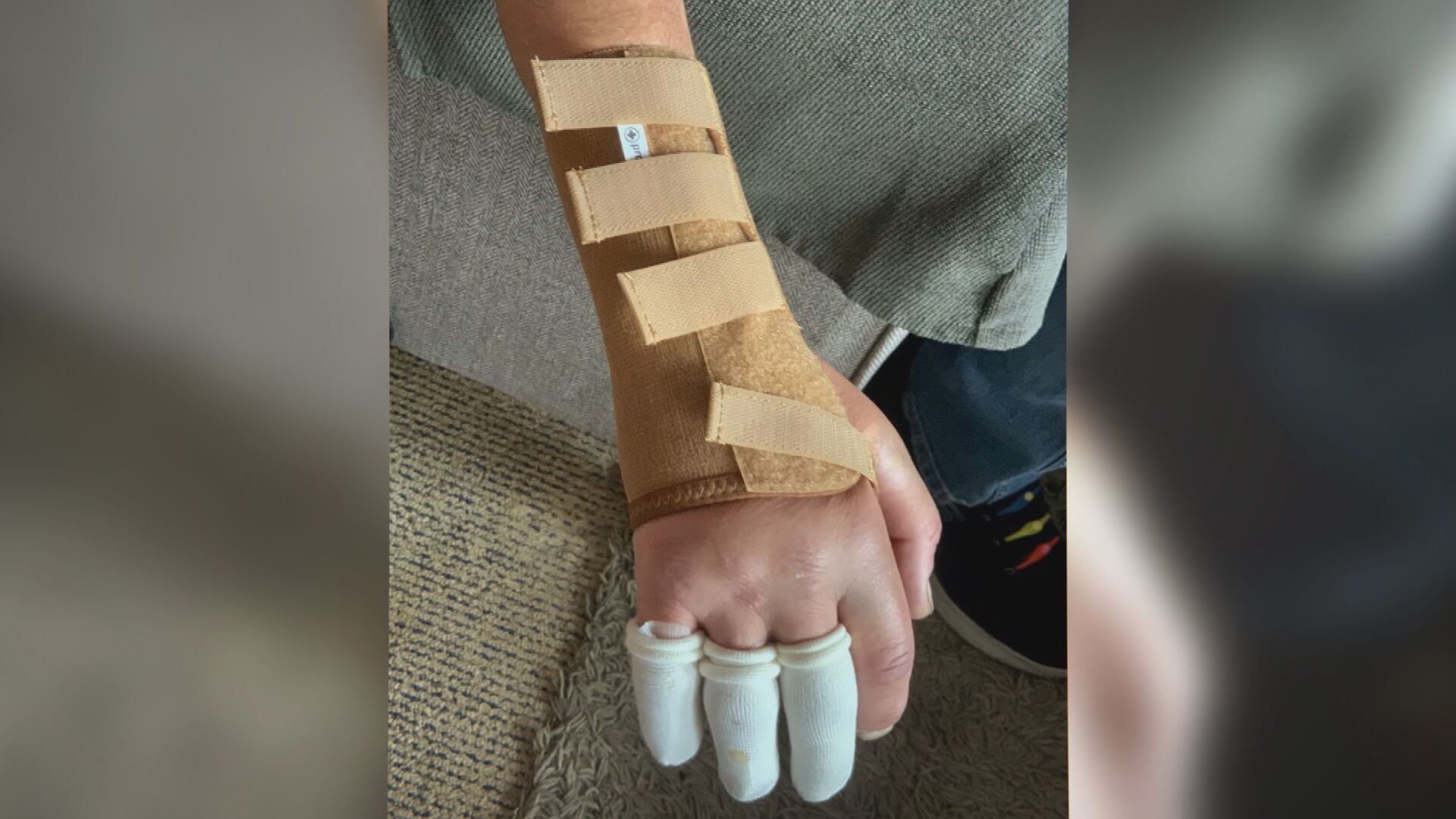 STV News
STV News“I knew as soon as I landed, I knew had broken my radius and ulna and could see my two teeth had been knocked out.
“To this day when I hear a bike or even a skateboard coming behind me, I get the absolute fear. I’ve seen riders go off the road, go onto the pavement and avoid red lights to keep moving.”
The accident, while traumatising for Derek, could potentially have been even worse as it’s not known if the bike involved had been illegally modified to reach speeds of up to 50mph – something that is becoming more common on Scotland’s streets.
Last year saw a 288% increase in e-bike seizures – with the number of vehicles being taken off the streets rising from 60 to 233.
Under UK law, e-bike motors must cut out when a speed of 15.5mph is reached.
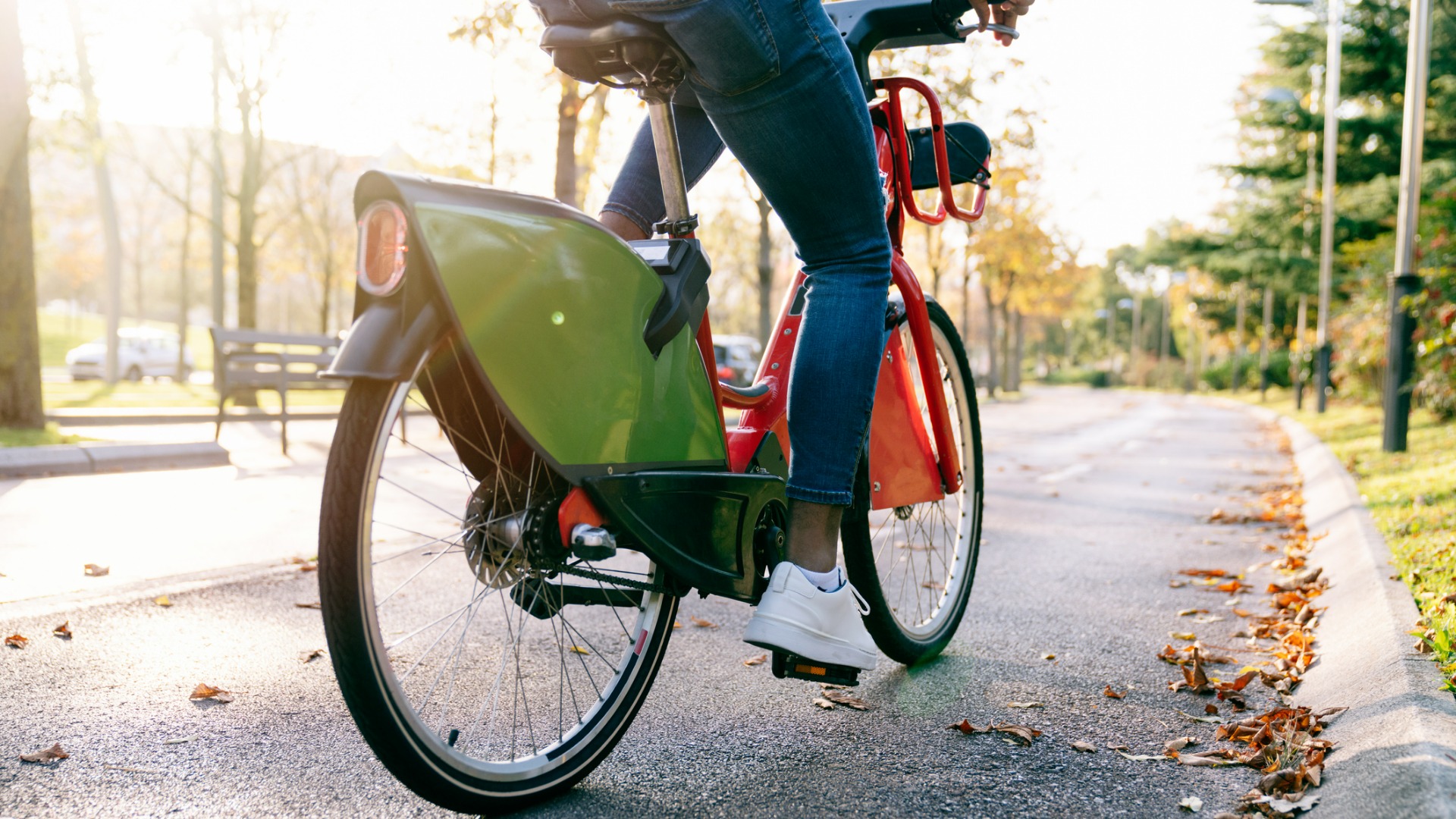 iStock
iStockBut police are increasingly finding many have been modified to reach much faster speeds.
It is also common for officers to find e-bikes that can be powered without the pedals being turned, effectively making them electric mopeds or motorbikes which must be registered and taxed.
Conversion kits are available online for as little as £300.
Legal experts say the law around electronic bikes and other modes of electric transport, such as scooters, needs to catch up with their increased use.
“The law is just trying to get up with these increased transportation technologies. They fall into a grey area where they cannot be legally defined as anything other than a motor vehicle, so therefore you need to have the same things in place in order to ride one legally on the road,” Thomas Mitchell from Cycling Law Scotland said.
“In my view, government needs to legislate for these vehicles.”
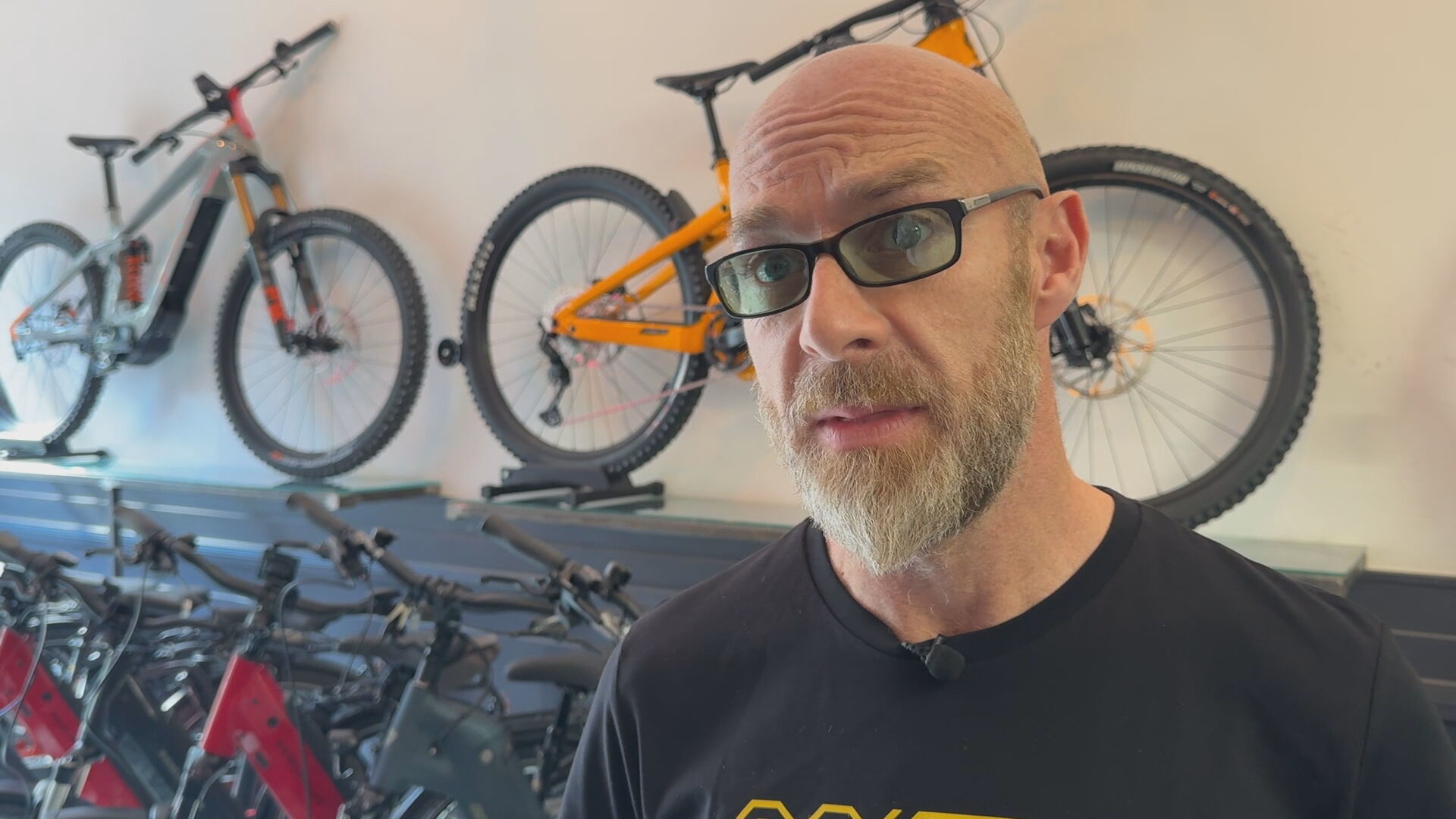 STV News
STV NewsWith somewhere in the region of 150,000 e-bikes being sold last year in the UK, those who work in the sales industry say they represent the future for transportation – especially as the move to active travel in cities such as Glasgow gathers pace.
Scott Davidson, who runs retailer Love E-Bikes said: “Infrastructure is number one, we need segregated cycle lanes but in the right places.
“I think some have been built but maybe in the wrong places, we need to have a real discussion with people who cycle who know cycle routes, the busy ones the one that would really positively impact transport.”
“We also need leadership on this, we need to educate people who the right e-bikes are a benefit to our health, if we ride bikes, we live longer, we know this.
“The physical and mental health benefits are absolutely massive. I know a lot of people who used to ride bikes, who don’t have the physical ability to continue but want to enjoy being out and about and e-bikes can do that.”
Follow STV News on WhatsApp
Scan the QR code on your mobile device for all the latest news from around the country






















